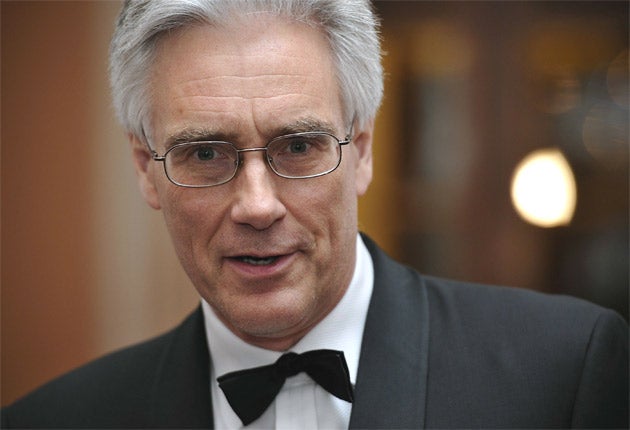Emission cuts threatened by economic recovery

Britain is not on course to meet its climate change targets for reducing carbon emissions, the Government is bluntly warned today.
Only a step change in effort, brought about by a range of new policies ranging from boosting numbers of electric cars to reforming the electricity market, will ensure that the UK's legally binding "carbon budgets" can be complied with by 2020 and beyond, according to the independent Committee on Climate Change.
In its second progress report to Parliament, the committee cautions that the sharp fall in UK greenhouse gas emissions of 8.6 per cent seen last year is almost entirely due to the recession, and that the proportion of the drop due to actual climate policies is but "a fraction" of the total. When the economy recovers, the committee warns, the rate of reduction due will not be adequate to achieve the 34 per cent reduction in CO2 (on 1990 levels) by 2020, to which the Government is already committed – let alone the 42 per cent reduction to which Britain will move if a tougher target can be agreed with the rest of the EU.
"The recession has created the illusion that progress is being made to reduce emissions," said the committee chairman, Lord Turner of Ecchinswell, who as Adair Turner was the director general of the Confederation of British Industry.
"Although emissions have declined substantially, our analysis shows that this is almost wholly due to a reduction in economic activity, and not from new measures being introduced to tackle climate change. So we are repeating our call for new policy approaches to drive the required step change, in order that the UK can ensure a low-carbon recovery."
The committee was set up to monitor the performance of the government in implementing the 2008 Climate Change Act, which made the UK the first country in the world to have a legally binding long-term framework to cut carbon emissions. Britain is doing this through a series of five-yearly carbon budgets which have to be met, by law.
Today's report is a candid signal to the new coalition, both parties of which have stressed their commitment to tackling global warming , that unless it acts decisively and quickly with a range of new initiatives, it will fail. Four areas in particular are highlighted: electric cars, buildings insulation, agriculture and reform of the energy market. The committee would like to see Britain running a fleet of 1.7m electric cars, which have zero CO2 emissions, by 2020 – at present there are thought to be only a few hundred electric vehicles on the roads.
Yet it is concerned that £260m in the budget of the Department for Transport, earmarked for price support for buyers, and for setting up a battery-charging network, may be swept away on the forthcoming cuts to reduce the deficit. "We would like to keep that funding for the electric car market," said the committee secretary, David Kennedy.
Secondly, the committee would like to see new rules for how farmers apply nitrogen fertilisers to the land - which can release nitrogen oxides, themselves greenhouse gases. Thirdly, it wants a comprehensive programme of home insulation, which addresses all the barriers stopping people investing in domestic energy efficiency.
And fourthly, it would like to see a reorganisation of the current, liberalised energy market to make it more attractive to investors to put their money in low-carbon power generation, including a government-supported minimum price for carbon.
Join our commenting forum
Join thought-provoking conversations, follow other Independent readers and see their replies
0Comments